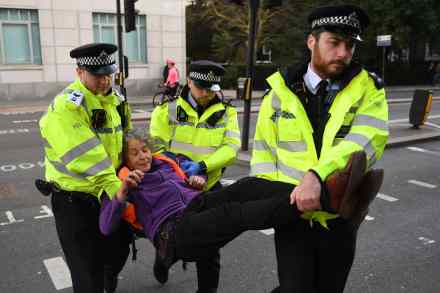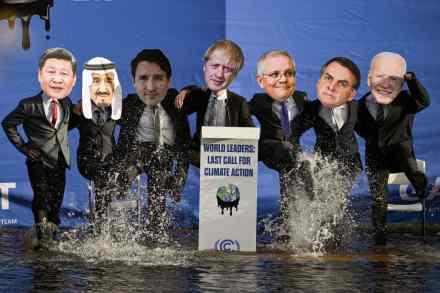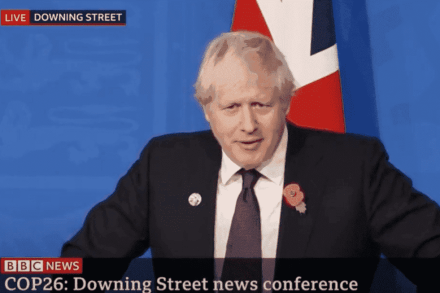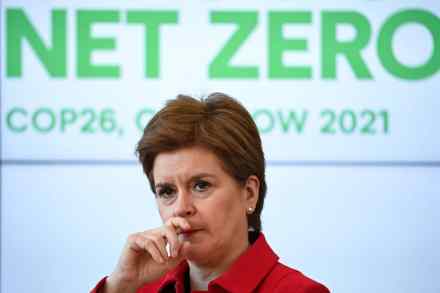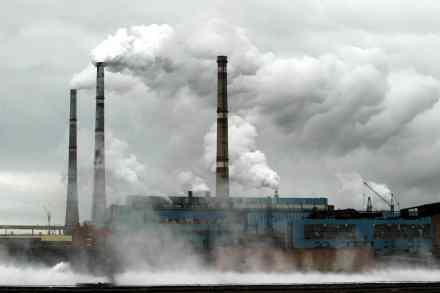Insulate Britain are not martyrs
Throughout the Insulate Britain protests there was a suspicion that the group was deliberately trying to get its members behind bars during the COP26 conference — a suspicion that was enhanced when a spokesperson for the group told the Guardian on 24 October: It’s fair to say that there is absolute disbelief and surprise that the campaign has lasted this long. We assumed that we would not be allowed to carry on disrupting the motorway network to the extent we have been. We thought that people would basically be in prison… if our actions are as dangerous and as disruptive as is being claimed, then I think the question has to
